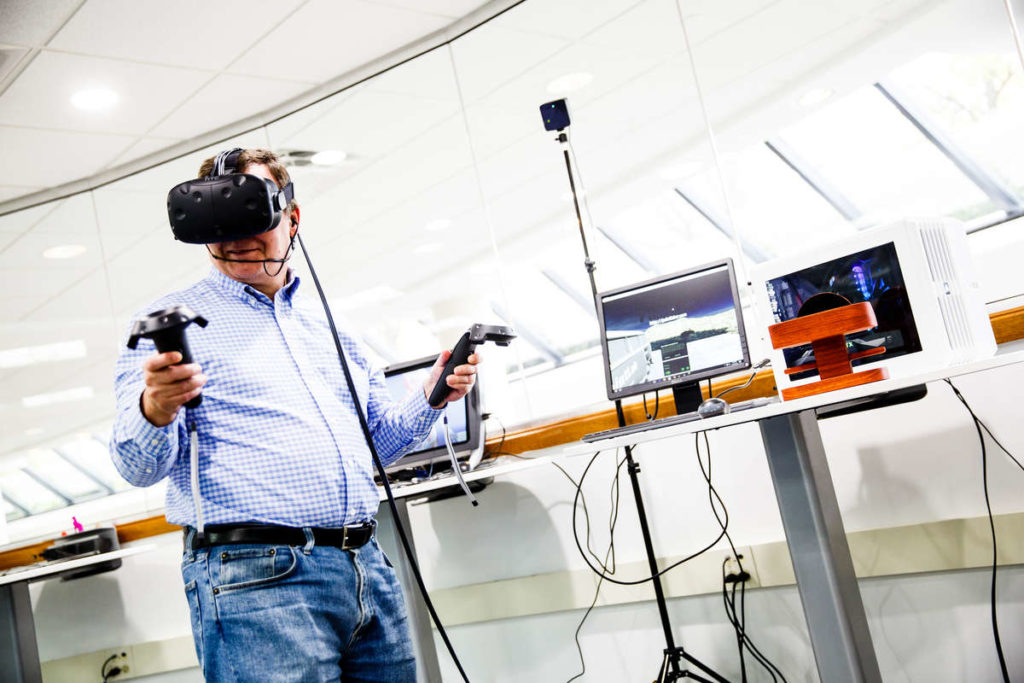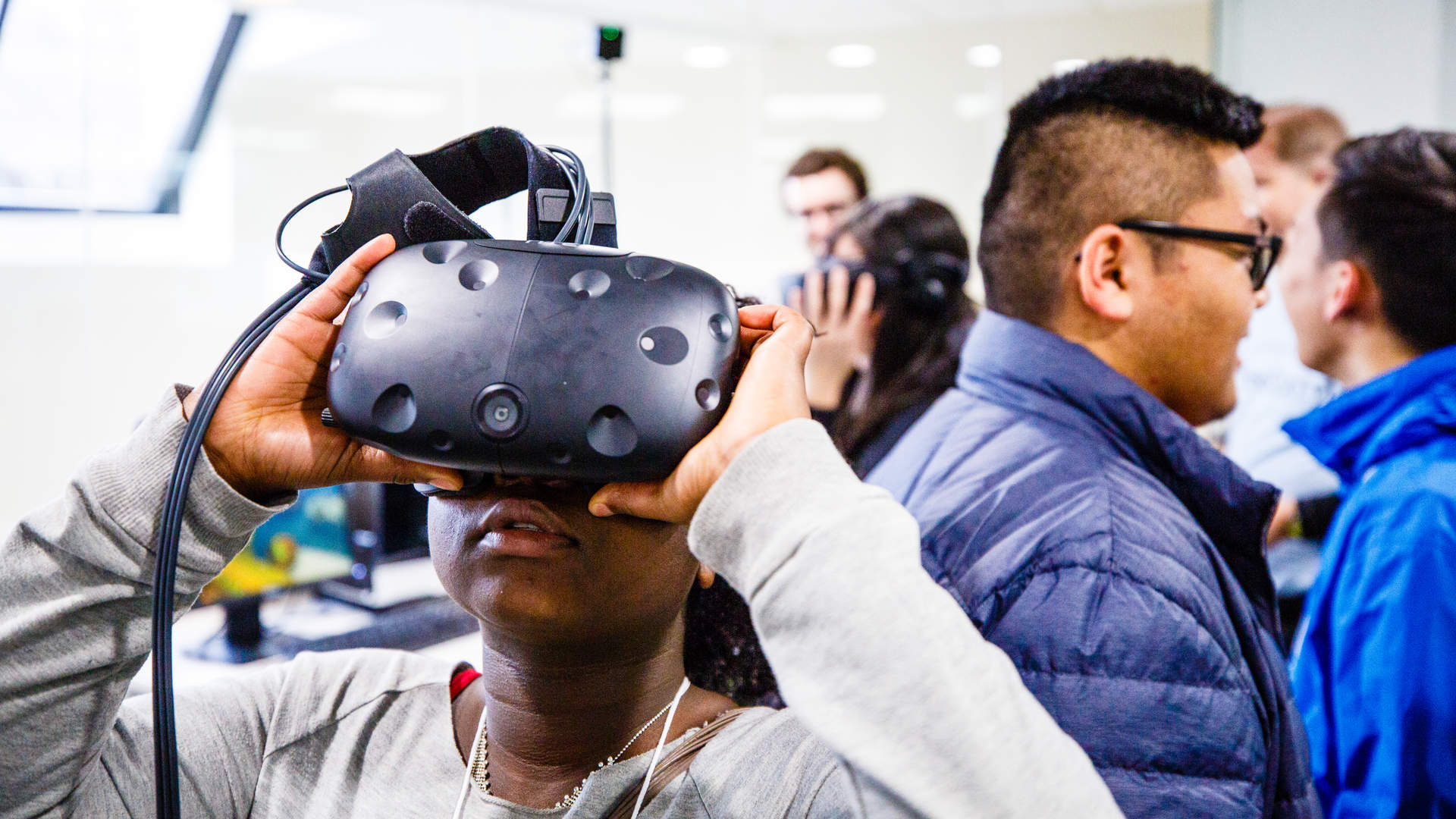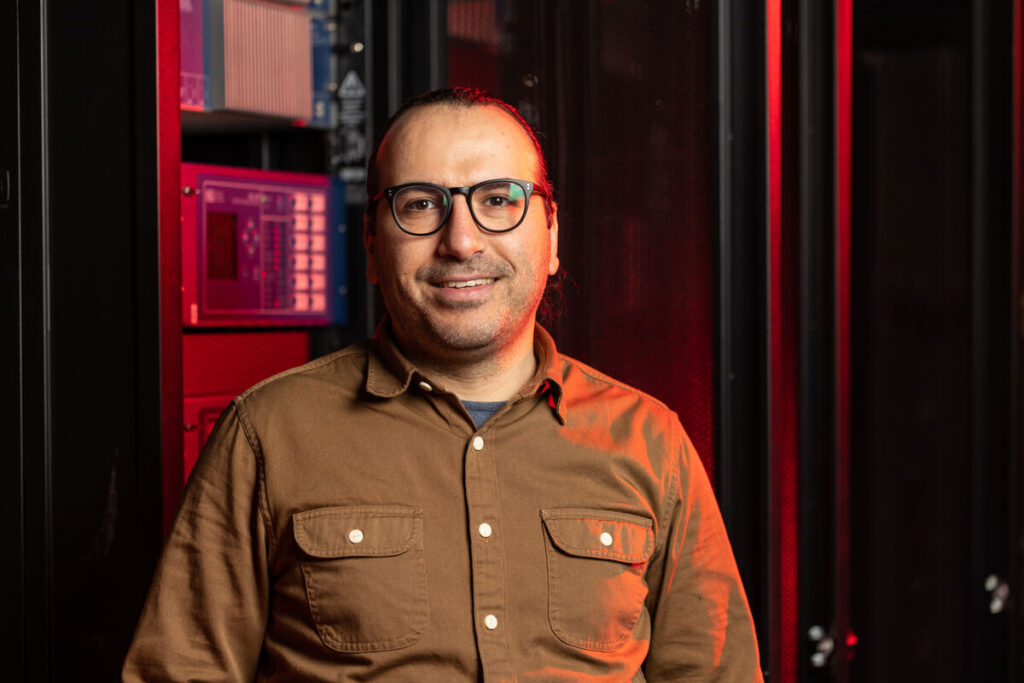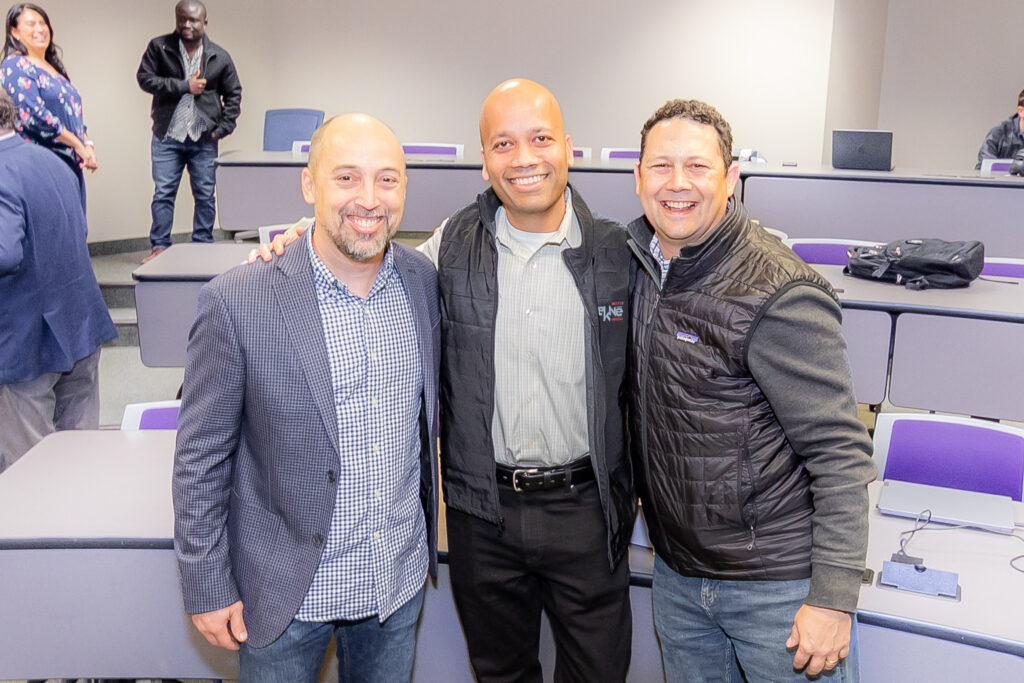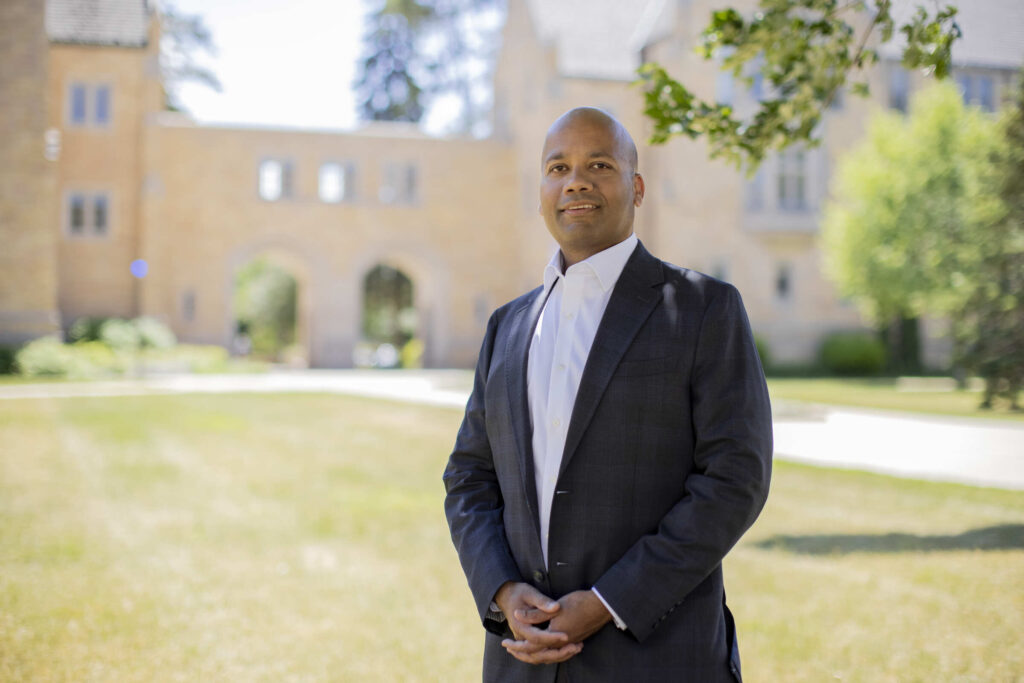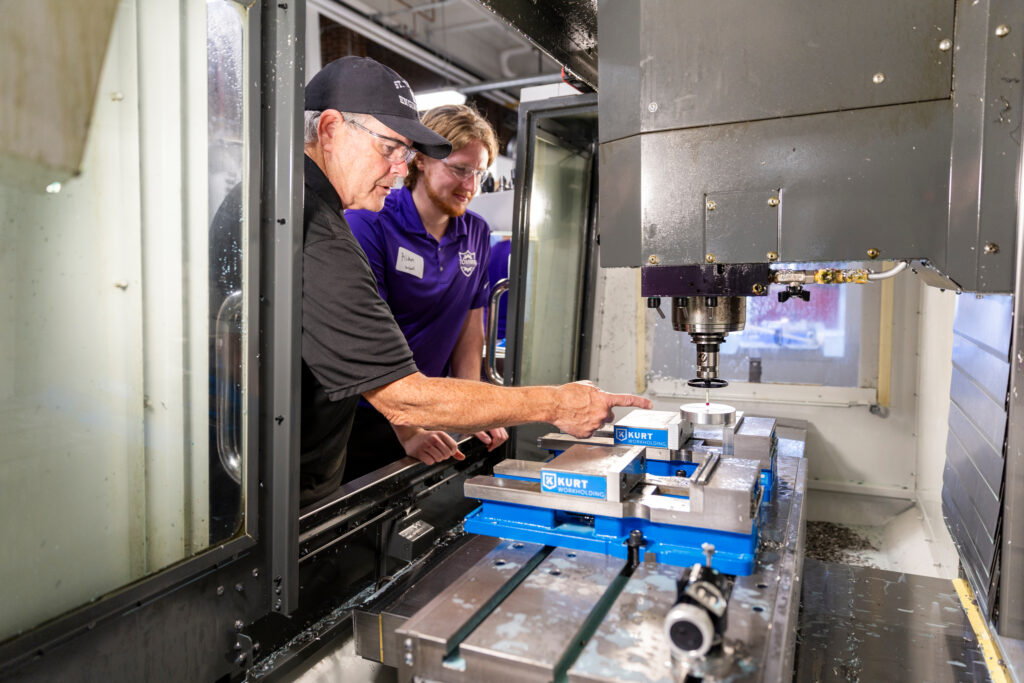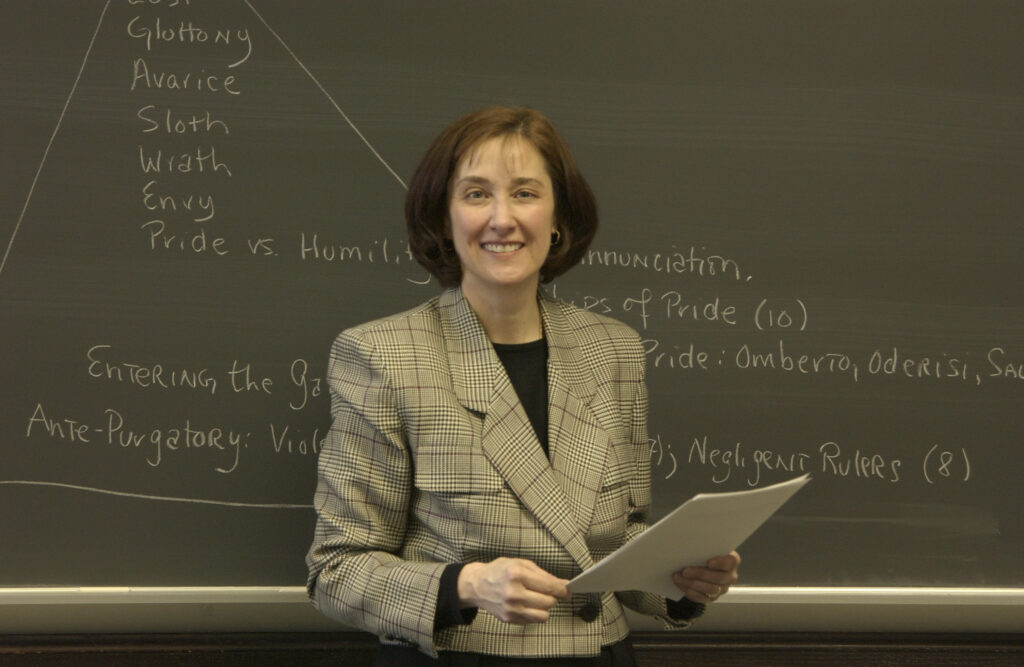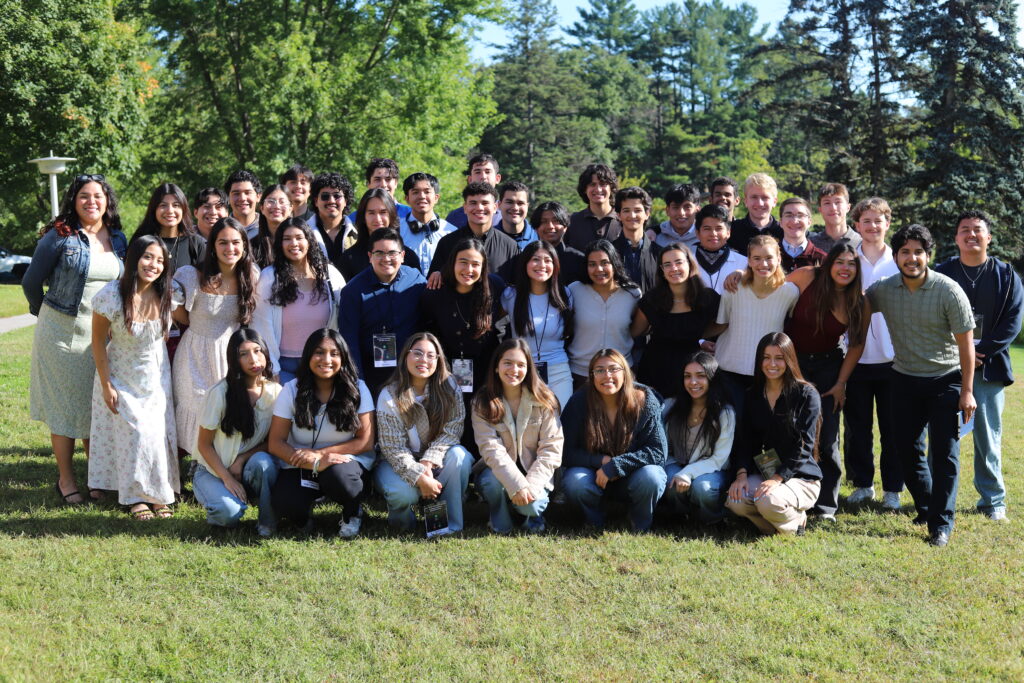The world is not an exception to changes. Change is the constant in life.
The world has gone through changes in the past few years. Most of the changes technology-wise have been led by tremendous breakthroughs by the artificial intelligence research community in the past decades. A notable example has been to train computers to detect images. This breakthrough opened the doors to so many possibilities with images and text, sound, and other forms of data.
These breakthroughs have disrupted the usual way we do many things and have improved our lives in several ways that we could only have imagined in the past. For example, in the health sector, there are personalized medical services for patients right at their comfort zones, with the help of their phones or computers. Siri, Alexa and Google Home are familiar voice assistants that are very important since they are intelligent, faster and make performing everyday activities easier. They can serve as alarms or reminders, or check the internet for answers to questions posed by the user. Who does not love shopping? Everyone does one way or the other. With the emergence of recommendation systems, shopping online has become easy and exciting since our feed shows us just what we need. Self-driving cars, manufacturing robots and conversational bots are a few of the many innovations around us due to artificial intelligence.
AI-assisted legal research

However, there is one sector in which many would think artificial intelligence could not make a difference because it involves much critical thinking from lawyers in the courtroom. However, we beg to differ; that is not the case. There are many ways artificial intelligence can help the legal process without replacing the lawyers. A lawyer who prepares adequately has more chances of winning their case. Artificial intelligence can help by efficiently assisting the legal team in doing legal research about cases similar to cases they are handling.
Artificial intelligence eliminates the arduous task of legal analysis, mainly searching and discovering case numbers and main arguments of cases in bulk documents. Ross Intelligence, for instance, is an AI-enabled research application that can search IBM's supercomputer to locate identical cases. The results have been eye-catching. A bankruptcy attorney using standard research methods used approximately 10 hours to find identical cases to build his case; on the other hand, Ross, the AI-enabled application, discovered those cases right away. There are many aspects of the legal system. An interesting one where artificial intelligence could be a game changer is intellectual property and patents.
The field of intellectual property
One fascinating area of law is intellectual property. It focuses on creating, maintaining, implementing, and enforcing intellectual property rights such as copyrights, patents, trademarks or licenses. Copyrights are for music, art, and literature, while trademarks are for goods and services, and patents are usually for technical innovations. It is an ever-evolving area of law that focuses on not just law but attention to detail, scientific knowledge and technical knowledge. As a result, it might go out of scope to commercial law, creative commons and litigation.
Intellectual property gives businesses and individuals, for a limited period, rights over what they have invented. This protection adds a remuneration enticement for what they created. Furthermore, it grants others the convenience of benefiting from people's inventions, protecting their ideas, and preventing others from copying without contacting the original owner. These incentives spur innovations that put a country on the map regarding technology and other creations outside the technology space. However, all these depend on the degree of protection afforded to the inventors of the inventions.
How AI can help in IP due diligence
A key component of Intellectual property is due diligence. Due diligence is a prerequisite in filing any intellectual property. Due diligence includes steps an individual takes to avoid committing an offense. However, this does not apply to only intellectual property, but cuts across several legal domains. Finding critical patents in a portfolio is a cumbersome task where automation can be handy. Artificial intelligence technologies mimic the behavior of expert searchers by comparing competitor and market information with patent data effectively and quickly. These have been made possible by natural language processing, machine learning, and semantic analysis.
Experts must submit their patents to the artificial intelligence systems and then receive reports that are analyzed and guided on the next steps. In 2016, the due diligence for the acquisition of ARM by SoftBank for $31 billion was completed in a matter of days, as reported by Forbes, by using artificial intelligence systems. The CEO of Cipher, Nigel Swycher, a company that uses artificial intelligence to do due diligence for patents and other legal cases, said, "We are at a point where budgets do not extend to manual review of thousands of patents. The legal sector is now embracing the potential of what machine learning and analytics can deliver." Aside from time, the emergence of artificial intelligence technologies cut costs considerably.

Furthermore, during the filing, inventors must answer any questions about their inventions to understand them in detail. The questions are supposed to cover almost every detail about the innovation. Artificial intelligence could play a considerable role here, reducing the time spent asking questions using the traditional way and asking more focused questions. Artificial intelligence technologies do this by simply analyzing the innovations and generating reports and insights, leading the intellectual property expert to ask more focused questions and help in the documentation processes.
How AI can assist with patent applications
Drafting a patent application is a daunting task even though there have not been tremendous advancements in this area of artificial intelligence technologies compared to the others; it is still worth mentioning that some natural language-generating programs can generate their languages from the reports generated from searches. These programs can draft a patent application, but it still needs to be proofread since this is not yet as perfect as a human. Specifio is a company that offers services to legal professionals and firms. It has developed an AI-enabled application capable of writing patent applications. This application is still not up to human perfection, as earlier stated, as the case for natural language-generating applications; it still needs a human to tweak it, but cuts time spent drafting applications down drastically. The founders of Specifio estimate that it could complete up to 90% of the drafting process.

Nonetheless, writing, a human-intensive task, has also seen improvements in recent years and not only in the legal space, but in all sectors that require extensive writing by providing editors with artificial intelligence capabilities that check spellings and grammatical errors and help correct them. There are words and sentence suggestions embedded in most of these editors. These editors make writing less complex and less time-consuming, as most of these will be editing previous sections in the background while the writer is busy writing other areas. These editors are currently working on the next step to suggest what a writer will write based on their previous writing style, making every write-up unique based on the writer's style.
What the future may hold
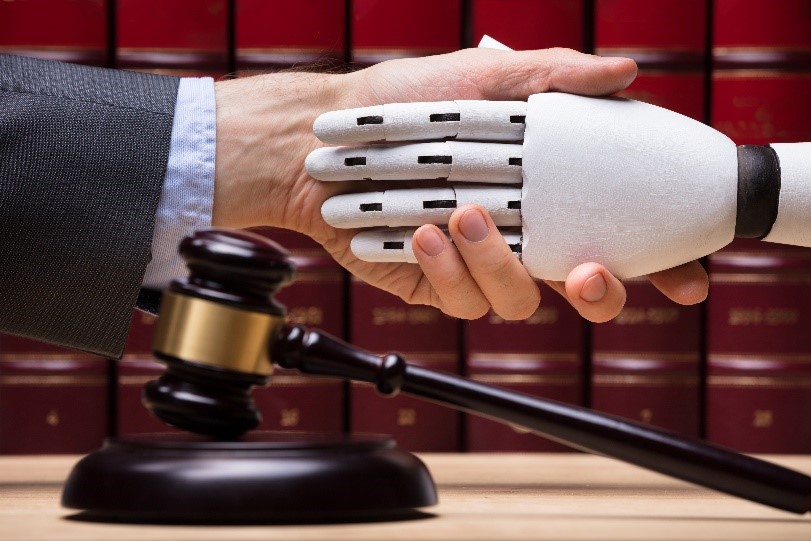
The prospect is exhilarating for what artificial intelligence can do in so many areas of our lives. However, notably in the area of intellectual property, we could see artificial intelligence that would constantly track competitors' patents within time intervals to give competitors an edge over the others. We could also see technologies that provide ideas about patents or ideas a company could work on due to patents filed by another company in the same field. On a broader scale, litigation prediction could also be something coming sooner rather than later when artificial intelligence technology studies a judge's way of passing out judgments and how their opponent lawyers tend to argue and give an attorney a prediction as to what the outcome is likely to be in the court on a particular legal case.
More Thought Leadership on AI
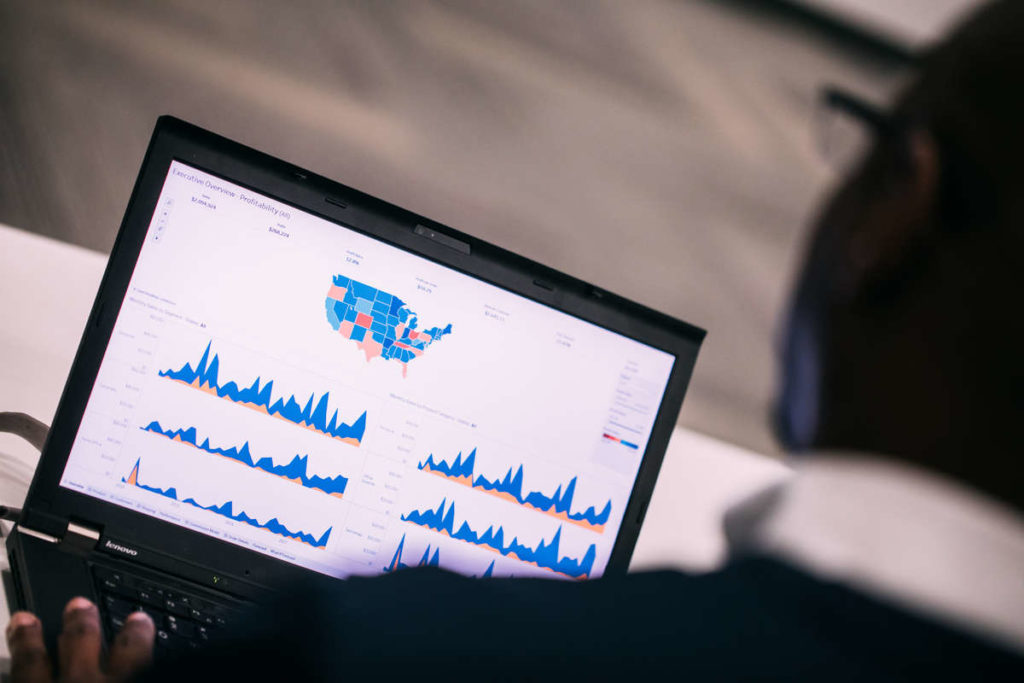
Are New Technologies Keeping Us Stuck in Old Biases?
Diversity, Equity and Inclusion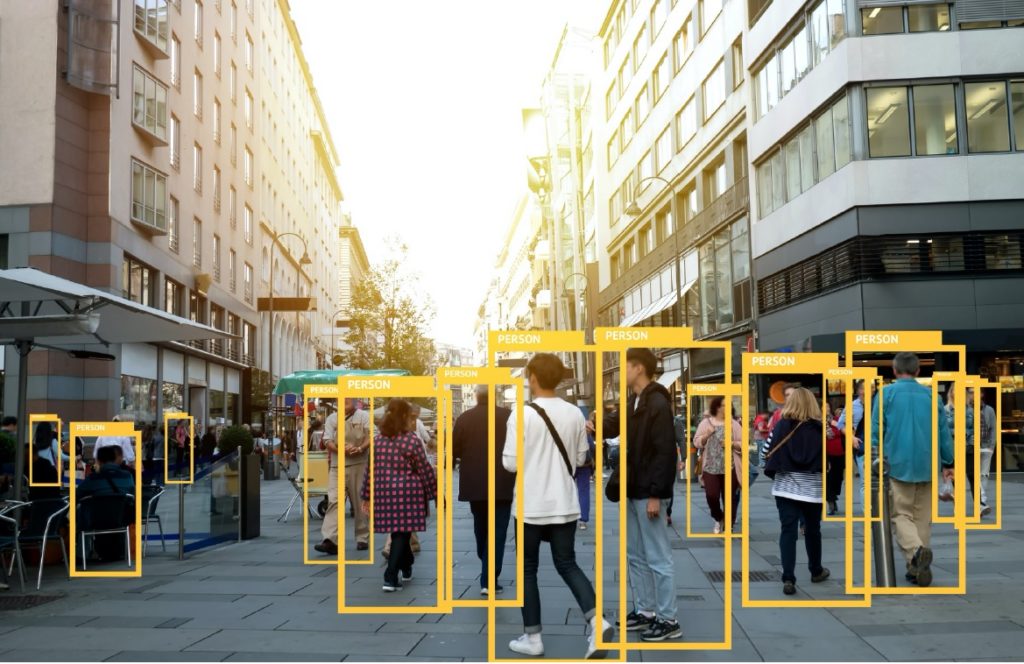
Tommie Experts: Embracing AI in Modern Business
Tommie Experts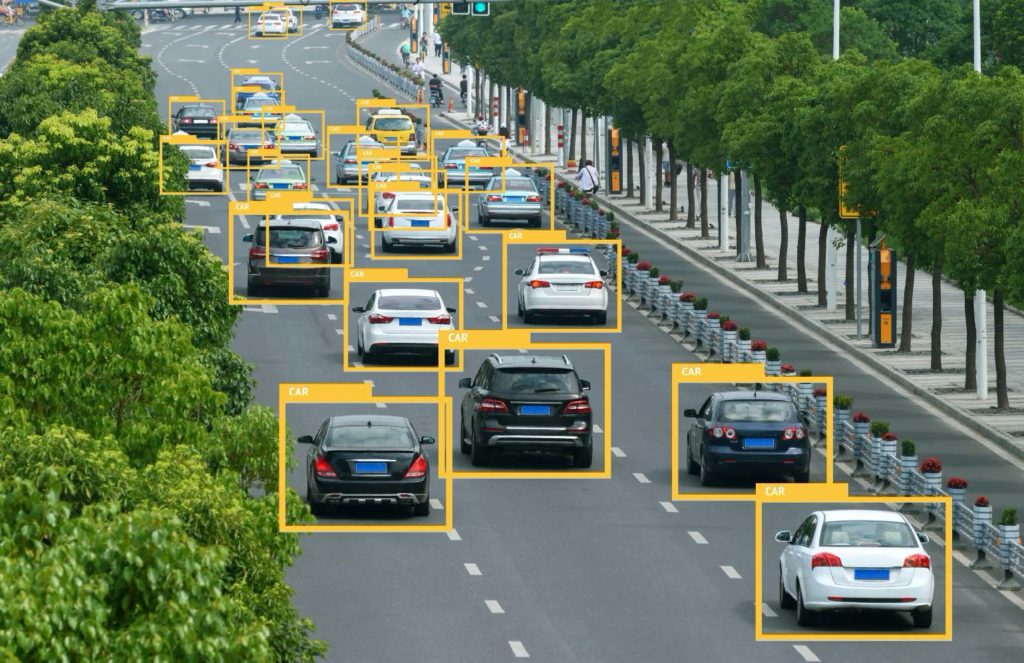
Tommie Experts: The Global Battle for AI Dominance
St. Thomas 2025 - Lead in STEAM Education